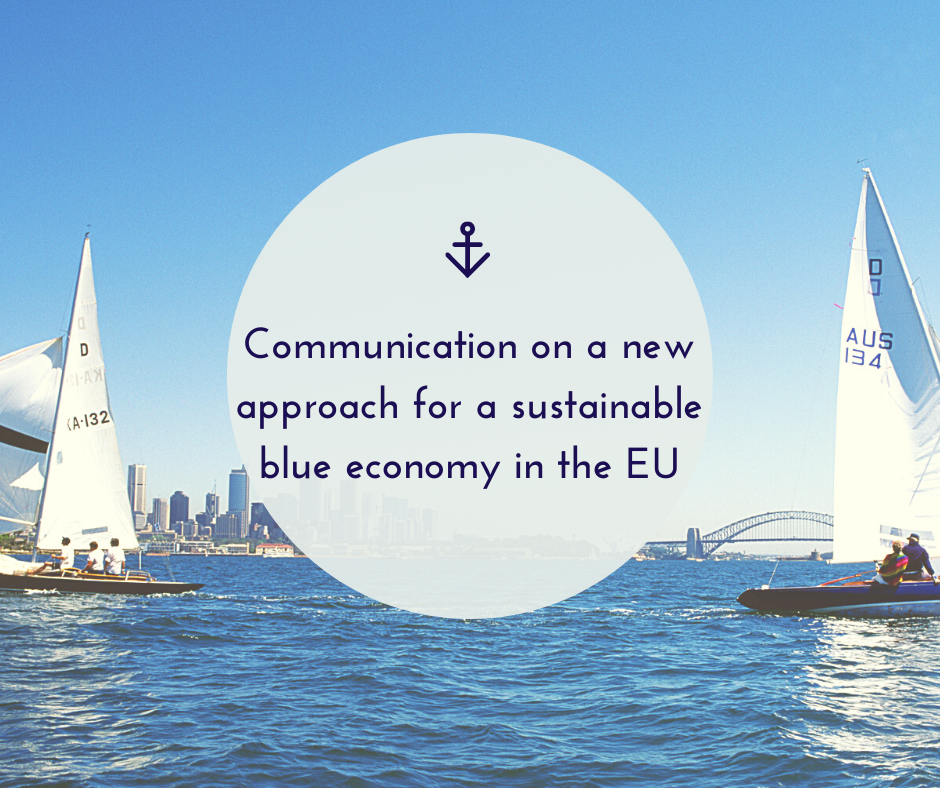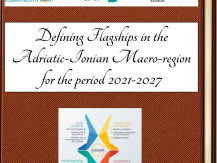European Green Deal: Developing a sustainable blue economy in the European Union
European Commission is proposing a new approach for a sustainable blue economy in the EU for the industries and sectors related to oceans, seas and coasts.
A sustainable blue economy is essential to achieving the objectives of the European Green Deal and ensuring a green and inclusive recovery from the pandemic.

“Healthy oceans are a precondition for a thriving blue economy. Pollution, overfishing and habitat destruction, coupled with the effects of the climate crisis, all threaten the rich marine biodiversity that the blue economy depends on. We must change tack and develop a sustainable blue economy where environmental protection and economic activities go hand in hand.”

“The pandemic has hit the marine economy sectors in different, but profound ways. We have an opportunity to start afresh, and we want to make sure that the recovery shifts the focus from mere exploitation to sustainability and resilience. Thus to be truly green, we must also think blue.”
All blue economy sectors including fisheries, aquaculture, coastal tourism, maritime transport, port activities and shipbuilding will have to reduce their environmental and climate impact. Tackling the climate and biodiversity crises requires healthy seas and a sustainable use of their resources to create alternatives to fossil fuels and traditional food production.
Transitioning to a sustainable blue economy requires investing in innovative technologies. Wave- and tidal energy, algae production, development of innovative fishing gear or restoration of marine ecosystems will create new green jobs and businesses in the blue economy.

The Communication sets out a detailed agenda for the blue economy to:
- Achieve the objectives of climate neutrality and zero pollution,
- Switch to a circular economy and reduce pollution,
- Preserve biodiversity and invest in nature,
- Support climate adaptation and coastal resilience,
- Ensure sustainable food production,
- Improve management of space at sea.
The Commission committs itself also to creating the conditions for a sustainable blue economy internationally following the international ocean governance agenda.
More on detailed agenda, financing the sustainable blue economy etc. is available HERE!
Why?
According to the most recent Blue economy report, the traditional sectors of blue economy provide 4.5 million direct jobs and generate over 650 billion euro in turnover.
The Maritime Spatial Planning Directive calls on all Member States to formally plan their maritime space by 2021 in line with this newest Blue Growth communication, since only with acting together we can achieve the great goals, necessary for our common and better future!
You might be interested in

EUSAIR flagships all summed up!

The Hellenic Republic assumes the Presidency of the EU Strategy for the Adriatic and Ionian Region (EUSAIR) (1 June 2024 – 31 May 2025)

3rd EUSAIR Annual Forum – CATANIA DECLARATION







